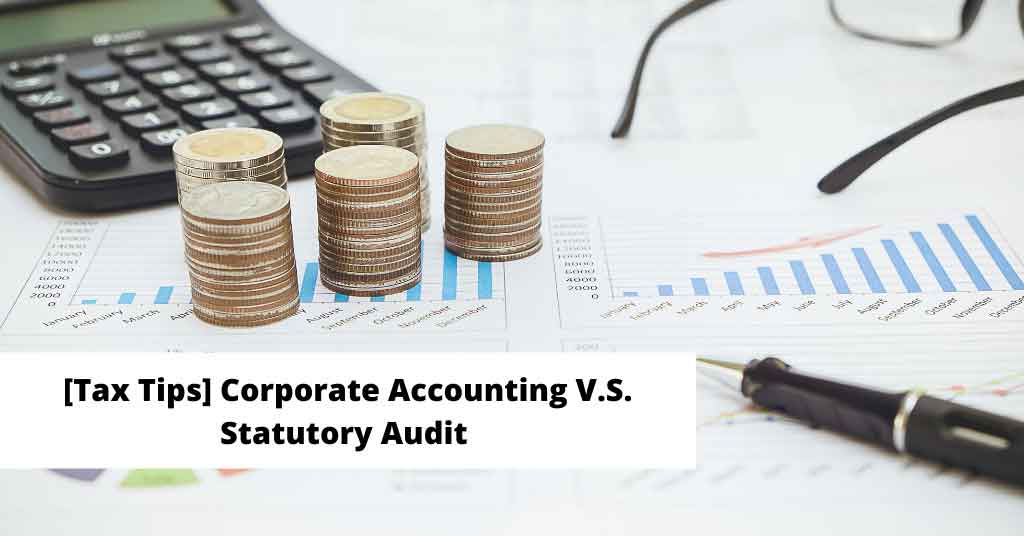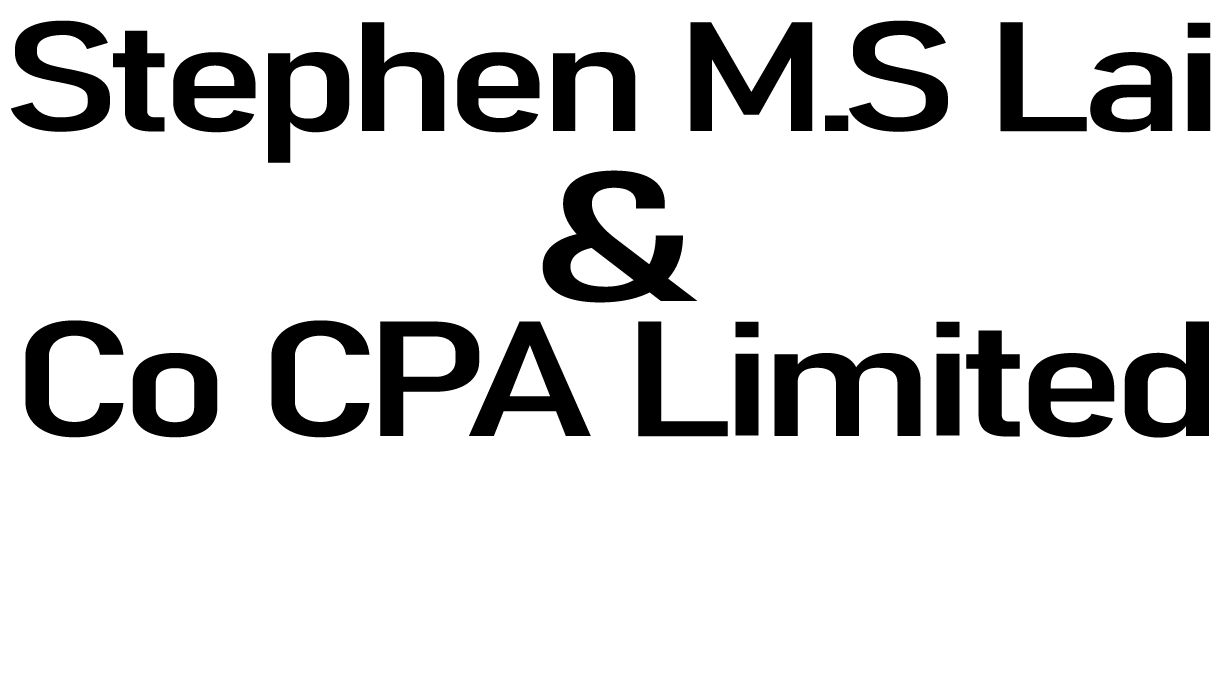
[Tax Tips] Corporate Accounting V.S. Statutory Audit
Hong Kong entrepreneurs frequently misunderstand accounting obligations and audited accounts. We will clarify their significance and distinctions for you in this section.
Definitions and Regulations
Corporate Accounting:
Accounting in business is the continuing process of keeping records of financial transactions and preparing financial statements for a certain time, monthly, quarterly, and yearly.
The Companies Ordinance (“CO”) and the Inland Revenue Ordinance (“IRO”) both require HK firms to perform their accounting tasks. So corporate accounting is a need.
To begin, all directors of an HK business are required under section 379(1) of the CO to produce financial statements for each fiscal year. The CO further stipulates that accounting reports must adhere to the accounting standards established by the Hong Kong Institute of Certified Public Accountants (“HKICPA”).
Small-to-Medium Enterprises (SMEs) in Hong Kong must adhere to the SME Financial Reporting Framework and Standard to guarantee that their accounting reports are comparable and accurately represent the company’s financial status. They are expected to prepare at least the following accounting reports:
• The General Ledger
• Account Payables and Receivables
• Financial Statements
• Profit and Loss Statement (P&L)
Second, keeping financial records is a legal duty. According to Section 51C of the IRO, all businesses must retain adequate spending and expenditure records for at least seven years in order to assess taxes.
The term “adequate records” is defined subjectively. According to the IRD Interpretation and Practical Note, companies must retain and arrange financial transaction records and supporting or proof of these transactions. Companies must save at least the following documents:
• Staff payroll records and MPF contribution records
• Bank account statements
• Purchase invoices/receipts
• Sales invoices/receipts
• Cash and cheque expense and income records
Statutory Audit:
The Statutory Audit is the analysis and evaluation of a company’s accounts and financial statements by an independent accountant each fiscal year (also known as an auditor). In other words, the Statutory Audit begins when the financial accounts are completed and concludes when the papers are audited. The Mandatory Audit will start again next year.
Statutory auditing is required: The financial statements must be audited according to Section 405 of the CO. But who is in charge of auditing the financial statements?
Only the following entities are permitted to perform statutory auditing services to Hong Kong firms under the Professional Accountants Ordinance (Chapter 50):
• Certified public accounting firms (in practice) or corporate practices registered with the HKICPA, or
• Certified public accountants with a valid HKICPA practice certificate
The duties of your Certified public accountants (“CPA”), also known as auditors, are to analyze the financial statements and their supporting documents and information in order for the CPA to express an opinion on whether these financial statements provide a true and fair picture of the company based on the adapted financial statements.
The Hong Kong Company’s statutory auditing service is controlled by the Hong Kong auditing standards defined by the HKICPA, which is the regulatory authority of the registrar of the HK CPA.
As a result, the CPA’s job is standardized for HK SMEs. Following the audit, the firm receives an “audit report,” which comprises the audited financial statements and an auditor’s report.
The auditor’s report is a report that comprises the CPA’s opinion on the audit financial statements’ preparation and presentation.
When these statements are honestly presented and meet the criteria, the CPA issues an unqualified opinion, which is included in the auditor’s report.
Importance
The following are the implications of good accounting and statutory audit management for SMEs in Hong Kong:
• Taxation
• Investment and loan
Accounting and Statutory Audit are part of the tax obligations of Hong Kong corporations. The HK firm is required by the Inland Revenue Department to file the Profits Tax return and submit it along with the Audit Report.
As a result, the method to meet taxes responsibilities begins with record-keeping, followed by company accounting, yearly statutory audit, and submission of Profits Tax reports. For example, if the accountants fail to send the financial reports to the auditor in a timely manner, the auditor will fail to finish the Audit Report.
Failure to obey the IRO will result in punishment and penalty.
Loan and Investment:
When a corporation applies for a corporate loan from a bank or other financial institution, it is always necessary to provide the firm’s audit reports with the application; this also occurs when a company seeks money from investors.
It is because the Audit Report is a set of digestible documents that allow third parties to have an understanding of a company’s financial status.
Handling
In simple words, corporate accounting is the continuous tracking of financial information and the maintenance of financial records; these tasks can be performed by internal staff or outsourced to others; statutory audit is a one-time process for each fiscal year to ensure these financial records are free of material misstatements; the auditing service must be provided by an independent HK CPA.
Introducing the Stephen M.S Lai & Co CPA Limited 4-in-1 corporate accounting service for HK SMEs, a single point of contact for all bookkeeping, accounting, statutory audit, and tax return filing needs; click here for more information.
